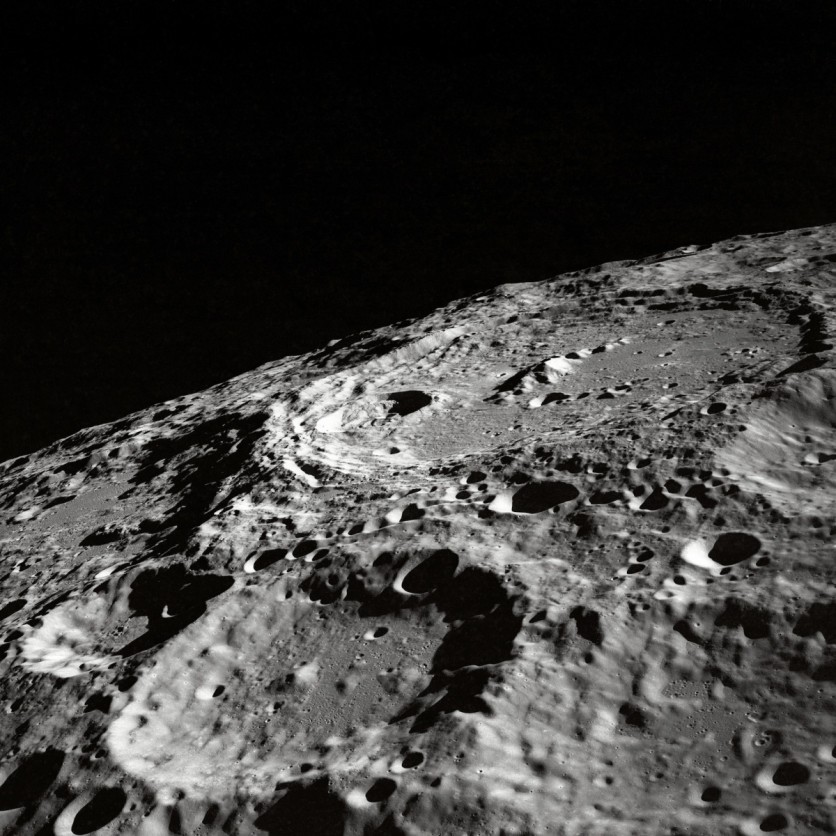In a bid to achieve the world's first "pinpoint landing" on the moon, Japan is set to make history, adding a new chapter to the contemporary lunar exploration race.
With this ambitious move, Japan joined the elite club that included the United States, the Soviet Union, India, and China.
The stakes are high, as success promises international acclaim, scientifically and diplomatically, and potential domestic political gains. However, failure looms as a costly and public embarrassment.
Japan's Precise Lunar Landing Attempt

Japan's recent attempt at a precise lunar landing followed a setback in April when a Japanese company's spacecraft crashed during a similar mission.
The country is now determined to secure its place among lunar explorers, showcasing technological prowess and advancing its standing in the global space community.
"Japan needs to have a capability to reach the moon if it wants to play a part in human lunar exploration," planetary science expert Junya Terazono said in a report by Nikkei Asia.
Terazono added that Japan's journey will not be easy since it might take years or even decades before it realizes the "permanent human presence" on the moon. However, at that time, it might be quite late to work it out after it "becomes a reality."
Related Article : NASA Should Beat China in Moon Race, US Congress Says
How Do Japan's Global Competitors Fare?
First, the space exploration powerhouse, the United States, relies on NASA for its moon missions. However, it faced a recent setback as American company Astrobotic Technology experienced a failed lunar landing attempt due to a fuel leak.
Despite this, NASA remains committed to lunar exploration, aiming for manned missions around the moon in 2022 and landing by 2026. Private sector players like SpaceX and Blue Origin are also intensifying their focus on crewed space missions.
Another country to successfully join the space race was India. India achieved a significant milestone by landing a spacecraft near the moon's south pole in 2023.
Overcoming a past failure in 2019, India's success was hailed as a triumph, boosting Prime Minister Narendra Modi's popularity. With aspirations for a manned lunar mission and collaboration with the United States in upcoming space endeavors, India positions itself as a rising space power.
If there's the US, there's also China, its most competitive space rival. The two nations are believed to be vying for the top space race spot. Some said that it might become a nuclear competition.
Having successfully landed on the moon in 2013, China continues its ambitious space program, aiming to put astronauts on the moon by the end of the decade.
China's lunar exploration aligns with its global rivalry with the United States, which is evident in its exclusion from the International Space Station. Questions about competition and cooperation on the lunar surface arise as both nations consider permanent crewed bases.
The last nation that is actively participating in the lunar mission is Russia. The Soviet Union encountered a problem when its Luna-25 mission failed to land in the same area India reached, according to ABC News.
The recent challenges are attributed to the prolonged hiatus since the Soviets' moon landing in 1976, reflecting a decline in space expertise. Despite setbacks, Russia plans another moon mission in 2027 to regain its prominence in the competitive global space landscape.

ⓒ 2026 TECHTIMES.com All rights reserved. Do not reproduce without permission.




